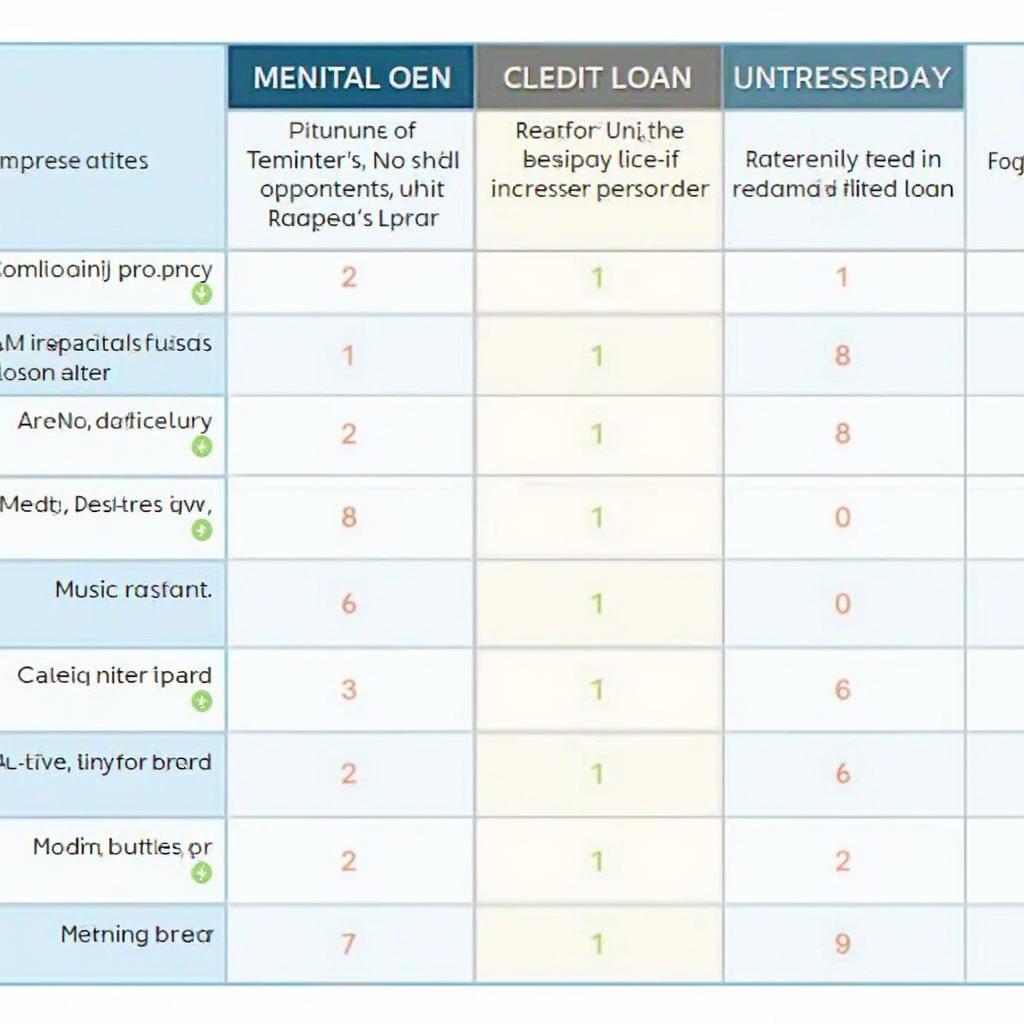
Does a Title Loan Go on Your Credit Report?
Title loans are short-term, high-interest loans that use your vehicle’s title as collateral. This means if you default on the loan, the lender can repossess your car. But one of the most common questions borrowers ask is: does a title loan go on your credit report? The answer isn’t always straightforward.
While title loans themselves aren’t typically reported to the major credit bureaus (Experian, TransUnion, and Equifax), certain actions related to them can significantly impact your credit score. Understanding how these loans can indirectly affect your credit is crucial for making informed borrowing decisions.
How Title Loans Can Indirectly Affect Your Credit
Although the initial act of taking out a title loan might not appear on your credit report, several scenarios can arise that will negatively affect your credit.
Defaulting on Your Loan
If you fail to repay your title loan as agreed, the lender can repossess your vehicle. This repossession will likely be reported to the credit bureaus, resulting in a significant drop in your credit score. Repossessions stay on your credit report for seven years.
Collections Activity
If your loan goes into collections, this will be reported to the credit bureaus, damaging your credit score. Collection accounts also remain on your credit report for seven years.
Loan Rollover
Many title loan borrowers find themselves unable to repay the loan on time, leading to loan rollovers. While this practice might seem like a temporary solution, it can trap you in a cycle of debt due to accumulating fees and interest. While the rollovers themselves may not be reported, consistently struggling to repay and accruing further debt can indirectly impact your ability to secure future credit.
Will Getting a Title Loan Help My Credit?
Unlike traditional installment loans, title loans typically don’t offer the opportunity to build credit. Since they are usually not reported to credit bureaus, even timely payments won’t boost your credit score.
What are the requirements to get a title loan? You might find this helpful. what are the requirements to get a title loan
Why Title Lenders Might Check Your Credit
Although title loans are primarily secured by your vehicle’s title, lenders may still check your credit. This check helps them assess your overall financial responsibility and determine the likelihood of repayment. A poor credit history might lead to higher interest rates or even loan denial.
Does a hard inquiry from a title lender affect my credit?
Yes, a hard inquiry from a title lender can slightly lower your credit score, usually by a few points. However, the impact is generally temporary and less significant than other negative factors like late payments.
Alternatives to Title Loans
Given the potential risks associated with title loans, exploring alternative borrowing options is always recommended.
- Personal Loans: These unsecured loans often come with lower interest rates and more manageable repayment terms. how to get approved for a higher mortgage loan could offer guidance on securing a personal loan.
- Credit Union Loans: Credit unions often offer competitive rates and more flexible lending criteria than traditional banks.
- Secured Credit Cards: These cards require a security deposit, which can help rebuild your credit.
- Negotiating with Creditors: If you’re struggling with existing debt, contacting your creditors to negotiate a payment plan might be a viable solution.
 Comparing Title Loan Alternatives
Comparing Title Loan Alternatives
“Consumers should carefully weigh the risks and benefits before taking out a title loan,” advises Anh Nguyen, a Certified Financial Planner at Financial Wellness Vietnam. “The potential for rapid debt accumulation and vehicle repossession makes it crucial to explore alternative options.”
Conclusion
While a title loan itself might not directly appear on your credit report, related actions like defaulting or collections can severely damage your credit. Considering the high interest rates and the risk of losing your vehicle, exploring alternative lending solutions before opting for a title loan is always a wise decision. Remember, understanding the potential consequences is key to protecting your financial well-being. If you’re considering a title loan, ensure you fully understand the terms and conditions and explore alternative options first.
Mortgage loans could be a better option. Learn more about mortgage loans td bank.
FAQ
- Do title loans show up on a credit check? The loan itself typically doesn’t, but related negative actions like repossession and collections will.
- Can a title loan improve my credit score? Generally, no. Title loans are not usually reported to credit bureaus, so even timely payments won’t help your credit.
- What happens if I can’t repay my title loan? The lender can repossess your vehicle.
- Are there alternatives to title loans? Yes, options like personal loans, credit union loans, and secured credit cards are often better alternatives.
- How long does a repossession stay on my credit report? Seven years.
- Do title lenders always check credit? While the loan is secured by your vehicle, many lenders still check your credit.
- What are the interest rates on title loans? Title loans typically have high interest rates.
“Always consider your long-term financial health before opting for short-term, high-interest loans,” adds Minh Tran, Senior Financial Advisor at Saigon Finance Consulting. “A careful evaluation of alternative borrowing options can help you avoid potential financial pitfalls.” Explore options like loans today for bad credit or loans for bad credit online texas.




